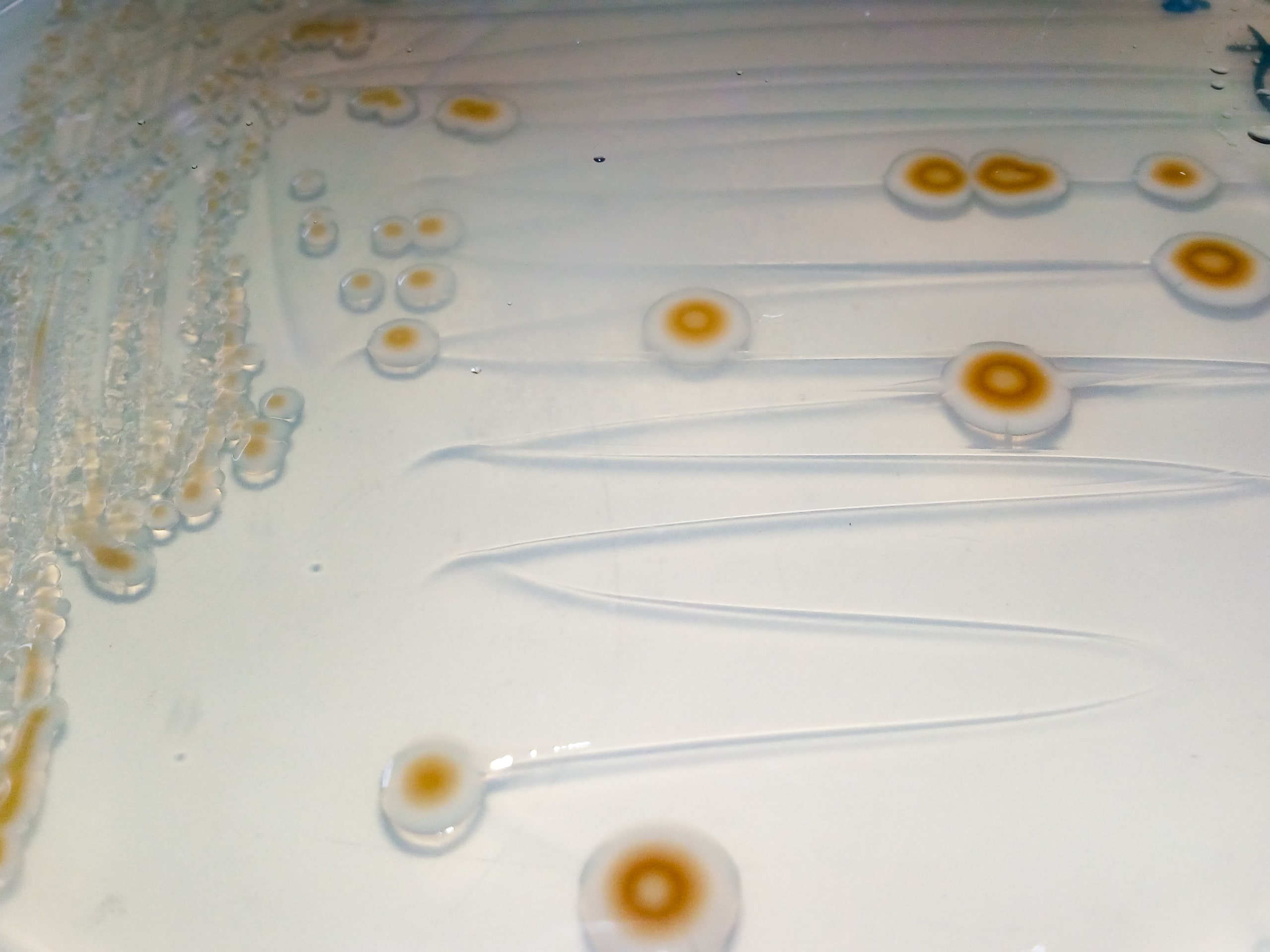



Brief description and intermediate results
The Southern Ocean ecosystem exerts a disproportional control on the global carbon cycle, playing therefore a pivotal role in the global climate system. The recognition of bacterial and viral role is rapidly growing. Considering that up to 1010 viruses per mL could be reported in seawater and that these are responsible for the death of 30 % of marine bacteria each day, one can easily realize their enormous potential role on our climate despite their little sizes.

Whereas reports of bacterial biodiversity in the Southern Ocean do exist, viral biodiversity has not yet been properly documented. As a first step to study the role of viruses, we have collected up to 171 samples around the South Pole for study their biodiversity using metagenomics tools. We also collected viruses from different depths as different key processes takes place in surface and deep water, likely resulting in differences in viral communities. Finally, we have maintained more than 300 bacterial isolates from contrasting regions including Antarctic Ocean, Sub-Antarctic regions, the Polar Frontal zone and two polynia. These bacteria will be identified using metagenomics tools and archived as a freely available bacteria polar culture collection to stimulate new research on bacteria inhabiting this extremely harsh region of our world.
The outcome of this project resonates with a better understanding of the functioning of the Southern Ocean at both microbial and biogeochemical levels. The proposed research will revisit the role of microbes, transforming our view on their impact with respect to marine biogeochemistry and the regulation of our climate.

Christel S. Hassler
Earth and Environmental Science, Institute F.-A. Forel, Marine and Lake Biogeochemistry Group
University of Geneva, Switzerland
Biodiversity and isolation of bacteria and viruses in contrasted regions from the Southern Ocean
- INRA Thonon (France)
- University of Western Brittany (USA)
- Ohio State University (USA)
- CNRS, CERMAV (France )
- University of Geneva (Switzerland)